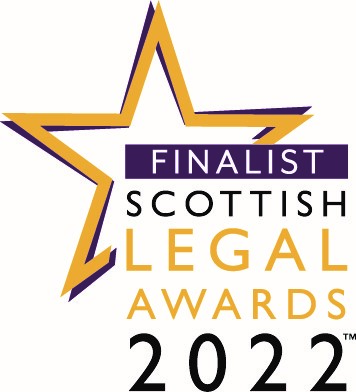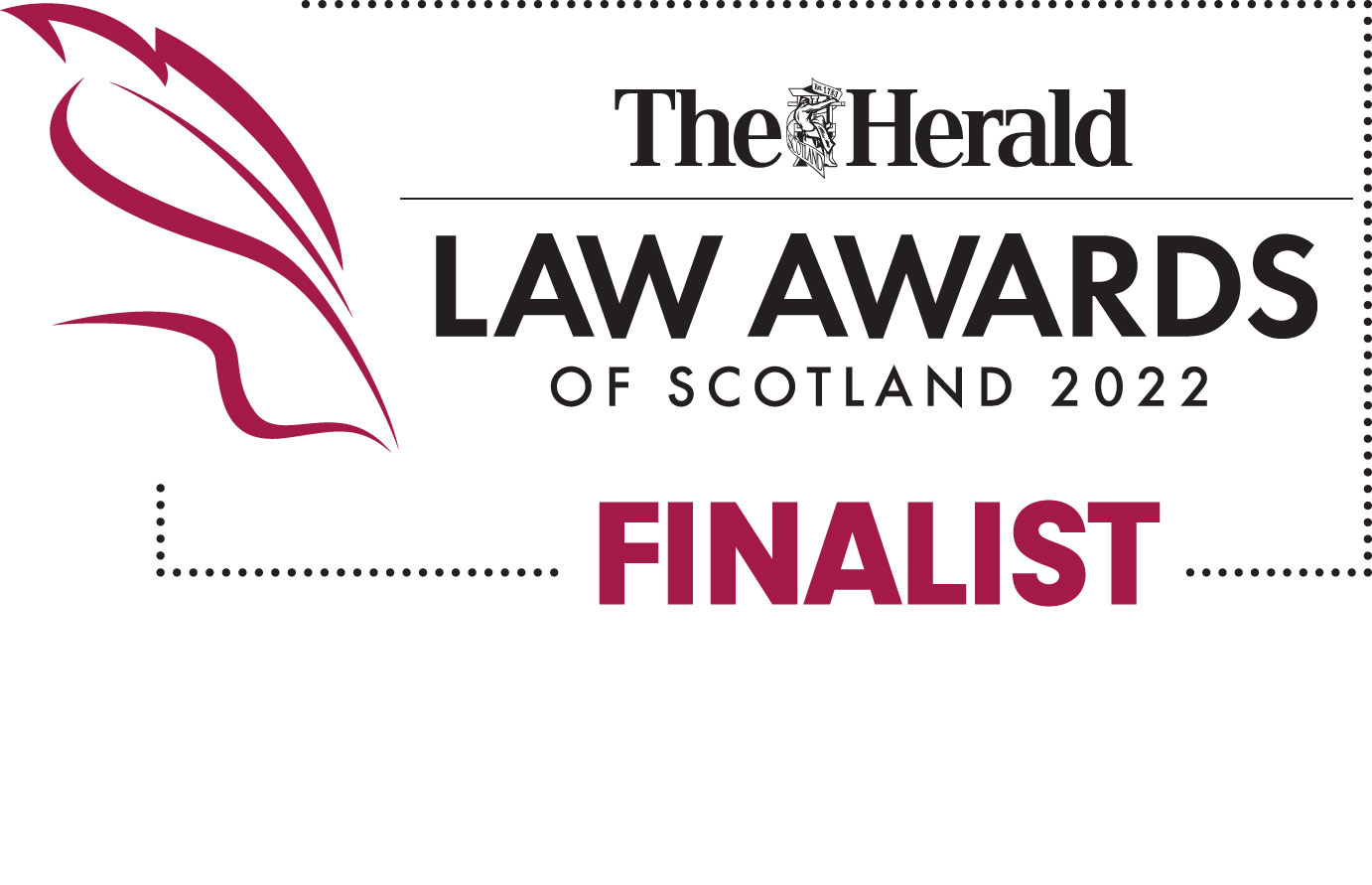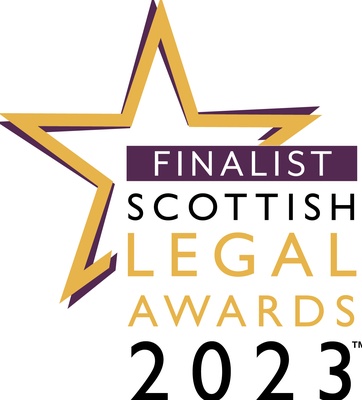Call us now: 0141 429 8166
Call us now: 0141 429 8166
In Scotland, children cannot be completely disinherited by their parents. For moral and social reasons, the law has always provided children of a deceased with a basic level of protection, so that even if a child is not mentioned as a beneficiary in the will of a parent, the child still has a right to claim on the estate which takes precedence over the terms of the will. This is known as the child’s entitlement to Legal Rights.
Our team of private client lawyers can assist you when making a Legal Rights Claim in Scotland or if you need a Will, Power of Attorney or legal help with executry help (winding up an estate) or estate planning. Call us on 0141 429 8166 or complete our online contact form to arrange an appointment.
A Legal Rights claim on a parent’s estate can be made even when the child has been left out of the Will completely. Legal rights claims can be very significant in value depending on the size of the estate. They also last for a long time - a child has 20 years from the date of death of the parent to claim or discharge legal rights, whatever age they are. In the case of a child who is minor at the date of death, this time limit does not commence until they reach the age of 18 years.
The law has determined that a child’s claim for Legal Rights amounts to one third of the worldwide net moveable estate, to be shared equally between siblings, where there is surviving spouse or civil partner, otherwise one half of the worldwide net moveable estate where there is no surviving spouse or civil partner.
Moveable estate comprises all assets of the deceased such as savings, jewellery and investments, other than heritable property or land. A surviving spouse or civil partner will also have the right to make a Legal Rights claim, which in their cases amount to a third share of the net moveable estate.
The Legal Rights of a child, and those surviving spouse or civil partner along with their prior rights on intestacy, require to be either formally claimed or formally discharged, and therefore an executor should not wind up estate without first taking every reasonable and prudent step to inquire about, locate and contact all the children of the deceased and the surviving spouse or civil partner, and advise them of their right to make Legal Rights claims.
If you believe you may have been entitled to claim Legal Rights from an estate of a deceased parent, even if they died many years ago, it is still well worth having inquiries made about your Legal Rights claim, if you did not receive your entitlement. There may well have been funds retained by the executor of the estate to meet this in the event of your making a later claim. The executor may have taken out an insurance policy known as a Bond of Caution, which would meet your claim for Legal Rights if insufficient funds have been retained by the executor.
When claiming your Legal Rights you are entitled to receive from the executor a break-down with details of the total net estate, and a calculation of how your Legal Rights have been calculated and divided. There are certain legitimate liabilities of the estate, such as the expenses of the estate management, fees and funeral expenses and inheritance tax that fall to be deducted before the Legal Rights shares are calculated.
If there is more than one child and lifetime gifts to the one or more of the children have been paid out by the deceased, these gifts are notionally added back to the net moveable estate, when Legal Rights claims are calculated and divided which is a process known as collation. This is to aim to ensure equal distribution among children. Legal Rights claims can be significant, depending on the value of the estate, and at times they can be complex to calculate.
Our trusted private client solicitors can provide you with expert legal advice and will assist you with all aspects of your Legal Rights claim, and independently verify that your share has been correctly calculated so that you receive your full entitlement. We can provide comprehensive advise on all other aspects of wills, executries and estate administration, powers of attorney, guardianships and advance directives. We are currently offering initial appointments by telephone or video technology and shall be happy to assist you.
We are proud to state that as a company we have been committed over many years to supporting our charitable foundations, and have participated annually to the Will Aid scheme, raising thousands of pounds for good causes while helping clients.
Our team of private client lawyers can advise you on your case, tailoring our service to fit your particular circumstances. Contact us on 0141 429 8166 or complete our online enquiry form.
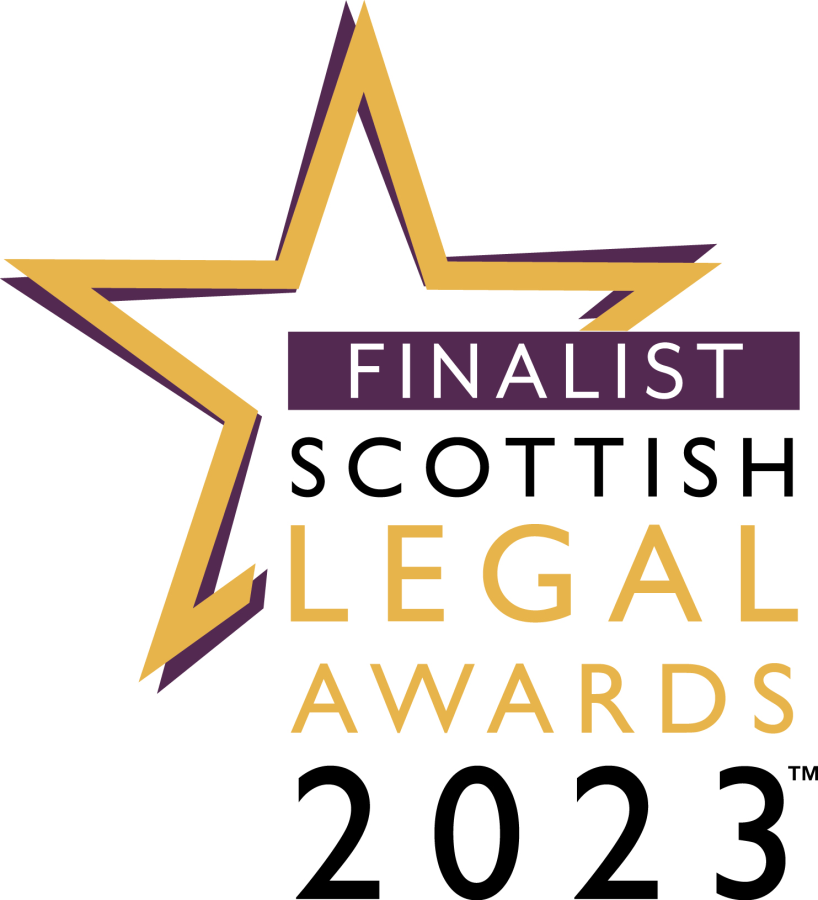
Livingstone Brown was a nominated finalist for the KD Media Scottish Legal Awards 2023, in the category of Family and Private Client.
No-one likes talking about end-of-life care. For that reason, the idea of an Advance Directive, also known as the “Living Will”, is not commonly talked about.
It is a written statement of your wishes to accept or refuse certain near end of life medical treatment. It is also a way of making sure that everyone knows what treatment you do or do not want to receive, should you become unable to make your own decisions in the future.
In the event that you are unable to communicate with medical professionals and your family, the Advance Directive will be used to guide Doctors and make known your wishes. Without it, Doctors will fall back on the instructions of a next of kin. By putting in place an Advance Directive, there will be no doubt about your wishes and your family will be spared the agony of having to decide.
Advance Directives can also be beneficial in a lot of different situations, for example, if you start to suffer from dementia and have no idea what is happening until it is too late to make a will. You could also be diagnosed with a terminal illness or involved in a serious accident. None of us want to think it may be us or a loved one who becomes incapacitated, but the truth is no one knows what the future holds.
We know this can be an uncomfortable matter to talk about, but unfortunately in life, some people do become incapacitated either physically, mentally or both.
Many of us will not have given it a second thought to what we would like to happen should we become incapable, but for those close to us it can be a serious concern, particularly on top of the shock of being immobilised due to a serious illness or an accident. It is important even more now than ever to make sure your wishes are known.
There are a lot of pros of an Advance Directive to be taken into consideration:
An advance directive should specify what kind of treatment you wish to receive, and do not:
It is important to be as clear as possible about:
If you decide that you would like to have an advance directive you should:
If you are concerned that you might change your mind, an Advance Directive can be revoked at any time.
Advance Directives are not legally binding in Scotland but they are highly persuasive. In the event of a dispute, the existence of an Advance Directive will be of great assistance to a court making a judgement.
Our team of Private Client solicitors at Livingstone Brown will make sure all the options are explored with our clients and help them make the best decisions about such very important and personal matters. Get in touch with our team today on 0141 429 8166 or by completing our online contact form.

Livingstone Brown was a nominated finalist for the KD Media Scottish Legal Awards 2023, in the category of Family and Private Client.
It can be a difficult time when a member of your family no longer has the capacity to make decisions and there is no Power of Attorney in place. In these circumstances, a guardianship or intervention order may be required. An intervention order may be needed for ‘one-off’ matters, such as ending a tenancy. On the other hand, if somebody’s affairs need ongoing management and attention, a guardianship order will be required. Our friendly and approachable team will guide you through this process and provide you with straightforward advice as to which order would be in the best interests of your loved one. Legal Aid is available.
A Guardianship order is a court order which gives a person the authority to act on behalf of an Adult with incapacity. This is an Adult over the age 16 who, for the reason of mental illness or disability, is incapable of acting or making decisions for themselves. Such an order is appropriate when decisions regarding an adult with incapacity need to be made on an on-going basis.
An order will only be granted where it can be demonstrated that the powers sought would be of benefit to the Adult with incapacity. It must be shown that there would be no other reasonable way of achieving that benefit for them. The Adults with Incapacity legislation which governs guardianship orders is guided by the “minimum intervention principle”. This means that the orders sought should not restrict the adult’s freedom any more than is necessary.
A guardianship order can be sought by anyone who has an interest in the Adult. This covers not only family members but also friends of the adult. Guardianship can be applied for by more than one person as joint guardians. This can be useful as it allows tasks to be shared among, for example, different family members.
The person who is seeking a guardianship order will require to make an application to the Sheriff Court which is local to the area in which the Adult lives. A person can seek either a Welfare Guardianship, which will give them certain powers to make decisions in relation to the Adult’s personal welfare including medical decisions and arrangements for their personal care; a Financial Guardianship which will give them certain powers over the Adult’s finances, such as giving access to bank accounts and the power to make decisions regarding their property; or they can apply for both a Welfare and Financial Guardianship together.
The Sheriff will decide on the length of the order after considering the condition and circumstances of the adult. It is common for an order to be granted for three years however this time period may be extended if this is deemed to be in the Adult’s interests.
The process of obtaining a guardianship order in Scotland can often be complex. It can take a number of months for this to be finalised. It is advisable that the help of a solicitor is sought. Civil legal aid can be available for obtaining a guardianship order. This is automatically available where welfare powers are sought. It may also be available if only financial guardianship is sought however this will be subject to a financial assessment based on the Adult’s income and capital.
Livingstone Brown have extensive experience in applying for guardianship orders and are able to ensure that the process is as simple as it can be. We will provide advice and guidance from the beginning of the process in relation to funding, through to finalising the orders sought. Simply arrange an appointment with one of our private client solicitors on 0141 429 8166 or by completing our online contact form to discuss matters further.

Livingstone Brown was a nominated finalist for the KD Media Scottish Legal Awards 2023, in the category of Family and Private Client.
Something else we should all do but very often don’t get around to. A Power of Attorney allows someone to deal with your affairs if you no longer have the mental capacity to do so. Every year thousands of people across Scotland lose capacity – it could be an accident, a head injury, a stroke or an ongoing progressive illness. The only way you can plan for your future is to appoint someone with Power of Attorney.
Our specialist private client solicitors can help you with a tailored Power of Attorney to suit your needs, giving you the power to make decisions that will protect you, your family and those you care about should you ever lose capacity to make decisions for yourself. We offer discounts for family packages. Legal Aid is available. Call us on 0141 429 8166 or complete our online contact form to arrange an appointment.
A Power of Attorney is a legal authority given by one person to another to deal with their personal affairs. This can include their finances, such as giving access to bank accounts and the power to make decisions regarding their property; and their personal welfare, including medical decisions and arrangements for their personal care. A person can decide whether to grant only welfare or financial powers to their appointed Attorney or they can grant both.
The person who completes the document giving the authority to another to act on their behalf is the Granter, and the person who is then given the authority to act is the Attorney.
In order to grant Power of Attorney, the Granter must have legal capacity at the time of signing the document. This means that they must be able to fully understand what they are doing and have the ability to make a reasoned decision as to whether they wish to do so. If a person does not have capacity to grant Power of Attorney then they are unable to do so. It may be that a guardianship order will be required in such circumstances.
Powers relating to the Granter's financial affairs are known as "continuing powers." They can take effect immediately, or only come into force when the Granter loses legal capacity. This is when the law says that the Granter is no longer able to fully understand the implications of the decisions they have to take. Welfare powers cannot be exercised until such time as the Granter has lost capacity.
The decision as to which powers to allow the Attorney to have should be freely made by the Granter. It is important that the powers granted should be specific as they will be interpreted strictly. For this reason, it is recommended that specialist power of attorney legal advice is taken before the document is prepared, to ensure that it is as robust as possible.
Livingstone Brown can provide full advice in respect of Powers of Attorney. We can advise whether this is the appropriate order for your individual circumstances and, if so, can deal with drafting and registering this on your behalf. Simply arrange an appointment to meet with one of our Solicitors to begin the process. Call us on 0141 429 8166 or complete our online contact form.

Livingstone Brown was a nominated finalist for the KD Media Scottish Legal Awards 2023, in the category of Family and Private Client.
Losing someone is a very traumatic, emotional and disheartening time. It can be overwhelming trying to work out where to start and what to do, especially if this is the first time you have had to experience the death of a loved one.
It can also be difficult to deal with the formalities that come in the aftermath of losing someone. We can take the stress of these formalities away from you and help to ease some of the pressures by assisting you in dealing with an estate. Call our private client solicitors on 0141 429 8166 or complete our online contact form.
After death there are numerous important actions that need to be taken by the executor known as "winding up an estate". This involves such steps as in gathering all the assets of the estate and paying any debts and funeral expenses and any tax liability. In a large estate Inheritance Tax can be a complex process and it is important to ensure that application is made to HMRC for any applicable exemptions.
Applying for Confirmation is at the Sheriff court is required in most estates because fund holders will not release assets without a certificate of Confirmation; this involves framing formal documents and a full inventory of the estate to lodge at court. Once Confirmation is obtained, which is the court’s authority for the executor to ingather the estate, and this has been done, the final step involves settling any bequests of the will and dealing with “legal rights” claims, or applying the laws of intestacy to ensure the correct distribution of the estate to all beneficiaries, and obtaining the necessary formal discharges.
How we deal with an estate will be dependent on if there is a will or not, should there be no will the estate can be more complicated for you to deal with and involve a formal application to the court for the appointment of what is known as an “Executor Dative”. We, as professional advisors, can deal with what is known is an “intestate estate” with ease. In such cases a Bond of Caution (form of insurance) will be required by the executor before Confirmation can be granted.
The value and size of the estate will impact on how we deal the estate and our solicitors have the experience to deal with both large and small estates. Many estates hold assets which family members were previously aware of, and shares and pensions can be problematic to encase, particularly if you have never done this before. We will arrange to distribute the estate in accordance with the law, protecting the position of the executor who is ultimately responsible to make sure that the estate is properly wound up.
We are here to take away the stress of dealing with an estate and give you peace of mind your loved one's estate is taking care of and our aim throughout is to make this process as easy as possible at this time of loss. Call us on 0141 429 8166 or complete our online contact form.

Livingstone Brown was a nominated finalist for the KD Media Scottish Legal Awards 2023, in the category of Family and Private Client.
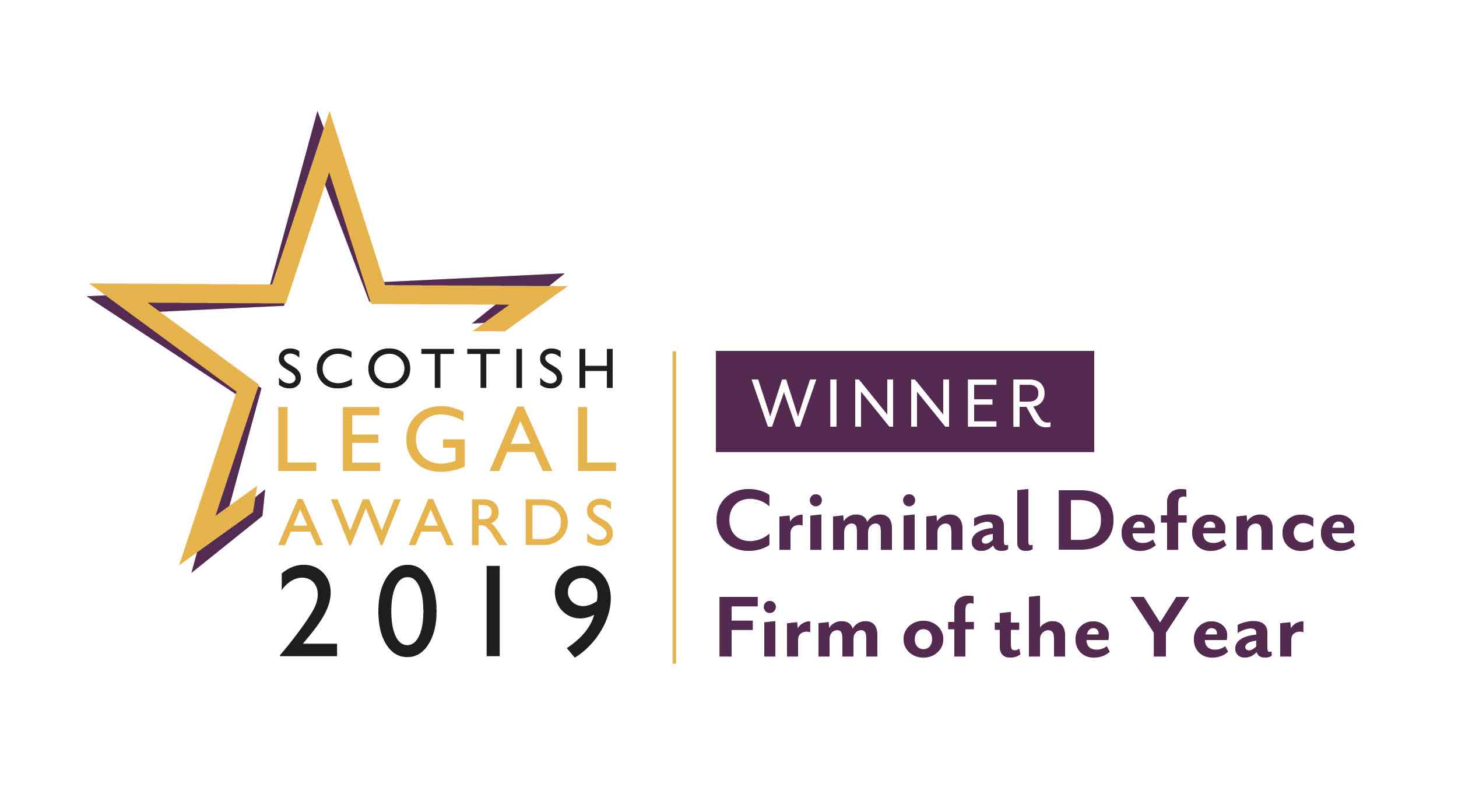
Livingstone Brown is a leading firm of Scottish solicitors. Based in Glasgow, but dealing with cases around the country, the firm has been at the forefront of legal service provision for over thirty years.
If you have a legal problem, getting good quality legal information at the earliest stage can be invaluable. The firm offers a free initial enquiry service; all you have to do is call in, telephone, or e-mail. You won't be charged for your enquiry; we'll let you know by return whether we can help, what we can do, and how much it's likely to cost. We can also offer legal aid where available.
Led by former senior partner Gerard Brown CBE, who continues as a consultant, the firm has built up an enviable reputation for quality of service and client care.
The firm has won various awards over the years. In the 2019 edition of the prestigious Legal 500 rankings Livingstone Brown was ranked as a 'top-tier' firm for general criminal work, and is also recommended for fraud cases. Stuart Munro and Gerard Brown were named as 'Recommended Lawyers'. In the Chambers directory the firm has a Band 1 ranking for criminal work, and Stuart Munro is a ranked financial crime lawyer. The firm was named Criminal Defence Firm of the Year and Family Law Team of the Year at the Scottish Legal Awards 2019.
Reliable, expert advice you can trust. Get in touch today






